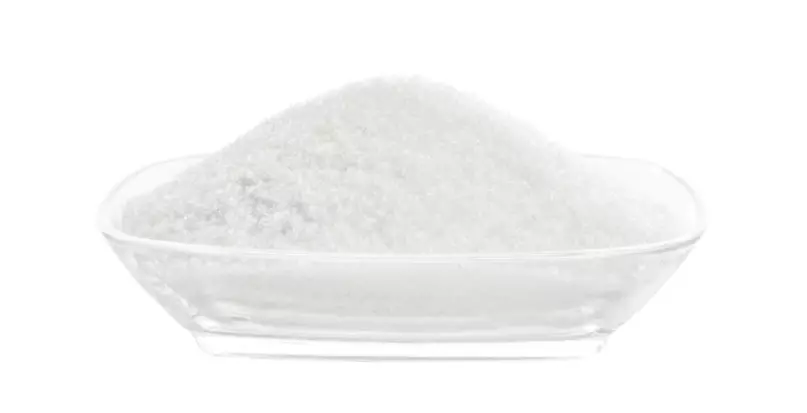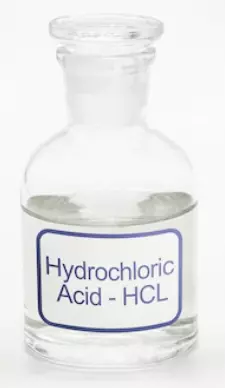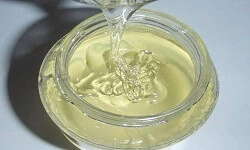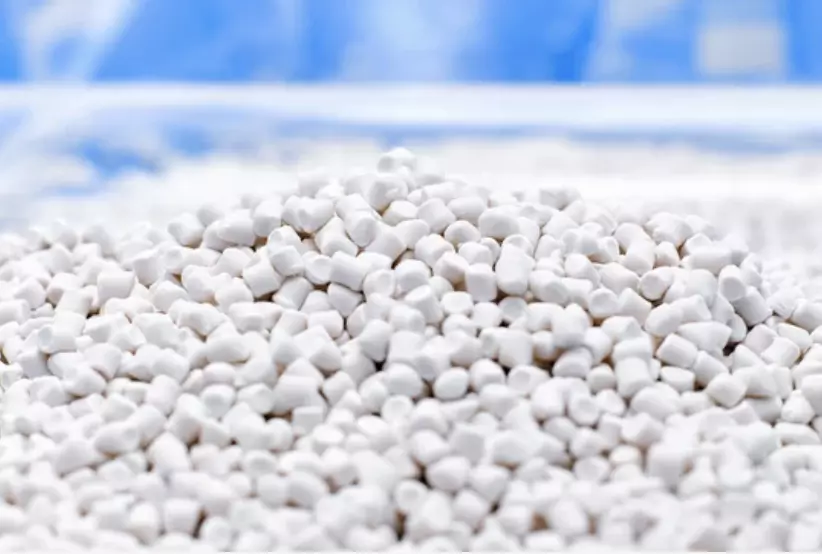Citric Acid Monohydrate - Thailand
|
IUPAC Name |
: - |
|
Cas Number |
: 5949-29-1 |
|
HS Code |
: 2918.14.00 |
|
Formula |
: C6H8O7.H2O |
Basic Info
|
Appearance Name |
: White Crystalline Powder |
|
Common Names |
: Citric Acid Monohydrate |
|
Packaging |
: 25 Kg Bag |






